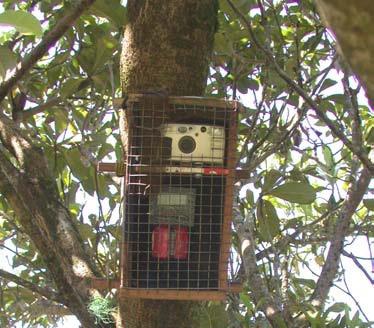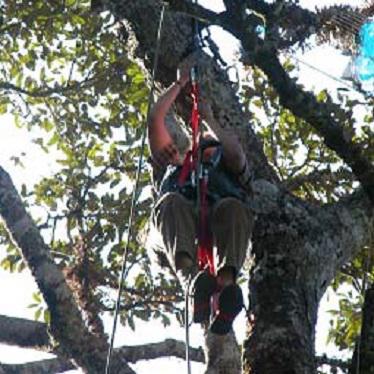The project will investigate the effect of forest fragmentation on mutualistic interactions between a keystone species and its associated fauna and flora in a rainforest in southern India. It will see how pollination, seed dispersal and seed predation of a keystone species are affected in fragments and how the survival of this species is important for other biodiversity associated with the tree. This will be the first study in India that attempts to understand to what extent mutualistic interactions are important for the survival of species in fragments.

Fragmentation leads to loss of area, creates forest edges and causes species loss. This could affect key mutualistic interactions between species. Keystone tree species play an important role in supporting the pollinator and frugivore assemblage in rainforests and in turn gets its flowers pollinated or seeds dispersed. Fragmentation can affect this cycle as fragments could have depauperate pollinator and frugivore community leading to poor pollination or seed dispersal. Consequently this could threaten the survival of the keystone species triggering a cascading effect leading to species extinction.

Fragments actually harbour lot of biodiversity and we need a comprehensive plan to conserve them which requires knowledge on how viable the fragments are today. Many of the rainforest fragments lie in private estates and many of their managers are receptive to nature and nature conservation. This study will help show them why it is necessary to conserve these patches to retain their biodiversity and avail the ecosystem services provided by them in their estate. Such information could be used for long term conservation planning of the fragments.